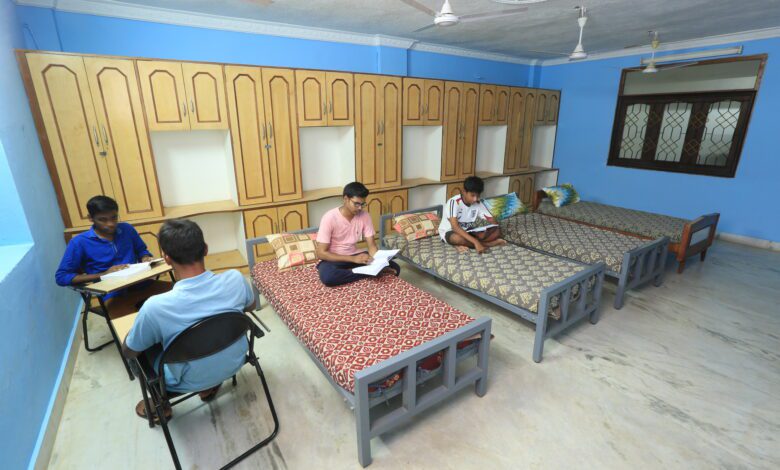12% GST on rent of student hostels, Karnataka and UP bring new policy
Recent rulings impose a 12% GST on student accommodations, affecting hostels and paying guests. Concerns arise over rising living costs for students, prompting calls for tax policy reconsideration.

Students residing in hostels and paying guest accommodations may face a financial burden as a 12 percent Goods and Services Tax (GST) will now be applicable to their rent payments. This decision comes following two separate rulings by the Uttar Pradesh and Karnataka Authority of Advance Rulings (AAR), categorizing such accommodations as “non-residential,” thus subjecting them to the 12 percent GST, similar to small hotels and inns.
The AAR’s Bengaluru bench clarified that hostels cannot be considered residential dwelling units, resulting in the loss of GST exemption for these accommodations. The ruling was a response to an inquiry from Srisai Luxurious Stay LLP. Prior to July 17, 2022, accommodation services with charges up to Rs 1,000/- per day, including hotels, clubs, and campsites, were exempt from GST.
The AAR emphasized that PG/hostel rent payments are not eligible for GST exemption since the services provided by the applicant are not akin to renting residential dwellings for permanent residence. According to the AAR, residential dwelling refers to accommodations intended for long-term stays, excluding guest houses and lodges, which are similar to PG/hostel services.
Similarly, the Lucknow bench of the AAR ruled that GST would be applicable to hostel accommodations costing less than Rs 1,000 per day, based on a case referred by Noida-based V S Institute & Hostel Pvt Ltd. Consequently, starting from July 18, 2022, such services would be subject to GST taxation.
Tax experts speculate that the rulings by the Karnataka and UP AARs will serve as “permanent precedents” for the GST council, addressing the previous ambiguity surrounding the GST levied on PGs and hostels. The application of this policy poses immediate challenges for students, as their cost of education is expected to increase. The impact of this decision is likely to result in higher living costs for out-station students, affecting the overall expense of education.
Rajat Mohan, Senior Partner at AMRG & Associates, warned that the 12 percent tax on student accommodations in hostels and dormitories could place a financial strain on Indian families. To mitigate this burden, he suggested that the GST council might consider implementing policies to offset the tax impact across the entire education ecosystem, including student accommodations.



